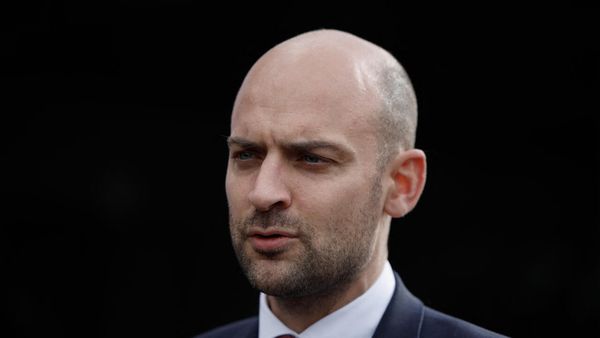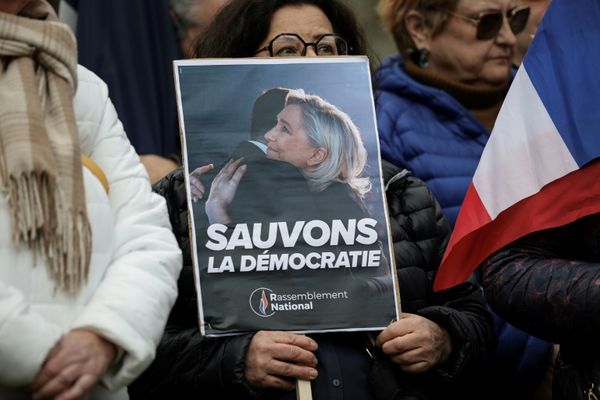The head of Britain's spy agency says Vladimir Putin has "massively misjudged" the difficulty of invading Ukraine, and Russian soldiers are sabotaging their own military equipment as morale in the army deteriorates.
Sir Jeremy Fleming delivered the assessment during a speech to the National Security College (NSC) in Canberra on a visit to Australia.
The director of the GCHQ said the Russian government was beginning to realise it had made a strategic miscalculation by launching the invasion, but the Russian President's advisers were "afraid" to tell him the truth about the extent of their losses.
"It's clear [Mr Putin] misjudged the resistance of the Ukrainian people," he said.
"He underestimated the strength of the coalition his actions would galvanise.
"He underplayed the economic consequences of the sanctions regime.
"He overestimated the abilities of his military to secure a rapid victory."
Sir Jeremy said Russian soldiers were "refusing to carry out orders, sabotaging their own equipment and even accidentally shooting down their own aircraft".
He did not say what intelligence he drew on to make this assessment, or provide any further details.
Sir Jeremy also played down the fact that Russia had not deployed a major cyber attack on Ukraine to cripple the country, saying his agency did not believe a "catastrophic" cyber attack was "central" to Russia's plan.
But he said there had still been "sustained intent from Russia to disrupt Ukrainian government and military systems" and he suggested countries such as the United Kingdom, the United States and Australia might be targeted next.
"We've certainly seen indicators which suggests Russia's cyber actors are looking for targets in the countries that oppose their actions," he told the NSC.
He also delivered a blunt assessment of China's approach to the war, saying Beijing had decided to back Moscow for now in part because it hopes to reclaim Taiwan.
"[Chinese President Xi Jinping] has not publicly condemned the invasion, presumably calculating that it helps him oppose the US," he said.
But he said the partnership held risks for both authoritarian states.
"Russia understands that long term, China will become increasingly strong militarily and economically. Some of their interests conflict; Russia could be squeezed out of the equation," he said.
"And it is equally clear that China that wants to set the rules of the road, the norms for a new global governance [and it] is not well served by close alliance with a regime that wilfully and illegally ignores them all."







